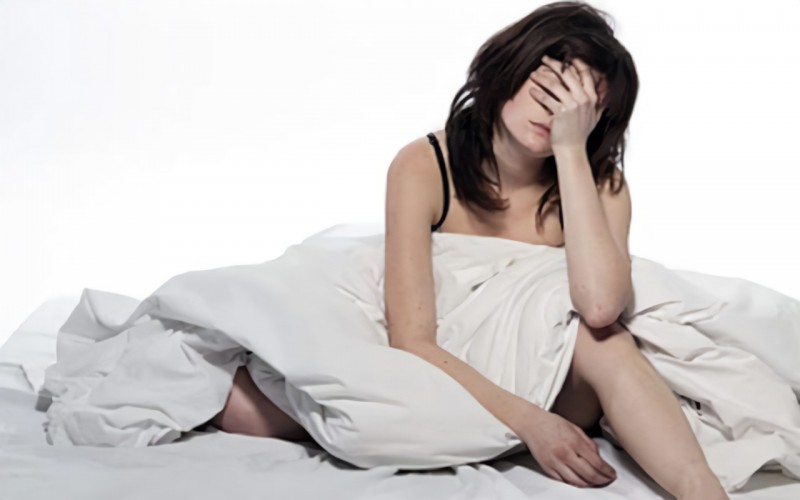
Sleep anxiety can turn bedtime into a dreaded experience, leaving you tossing and turning instead of peacefully drifting into dreamland. The good news is that there are effective ways to reduce sleep anxiety through mind and body relaxation techniques. In this comprehensive guide, we'll explore various methods to help you achieve a restful night's sleep without the burden of anxiety.
Before diving into relaxation techniques, it's essential to grasp what sleep anxiety is and how it can disrupt your sleep patterns. Sleep anxiety is a condition where excessive worry or stress about falling asleep and getting enough rest keeps you awake at night. This persistent anxiety can lead to insomnia and a vicious cycle of sleeplessness.
Sleep anxiety can affect every aspect of your life, from your physical health to your mental well-being. Here's how it can impact you:
Now, let's delve into mind relaxation techniques to calm your racing thoughts and ease sleep anxiety.
Take slow, deep breaths to activate your body's relaxation response. Try the 4-7-8 technique: inhale for 4 seconds, hold for 7 seconds, and exhale for 8 seconds.
PMR involves tensing and then relaxing each muscle group in your body. Start from your toes and work your way up to your head.
Visualize a peaceful and serene place, focusing on every detail. Imagine yourself there, feeling completely relaxed and safe.
Practice mindfulness meditation to stay present and reduce racing thoughts. Apps like Headspace and Calm can be helpful.
Relaxing your body is crucial for overcoming sleep anxiety. Here are some techniques to consider:
A warm bath or shower before bed can relax tense muscles and prepare your body for sleep.
Gentle yoga stretches and poses can alleviate physical tension and calm your mind.
Use essential oils like lavender or chamomile to create a soothing atmosphere in your bedroom.
As mentioned earlier, PMR not only relaxes your mind but also your body.
In addition to relaxation techniques, certain lifestyle changes can significantly reduce sleep anxiety.
Avoid screens, such as phones and computers, at least an hour before bedtime as the blue light can interfere with your sleep.
Develop a consistent bedtime routine that signals to your body that it's time to wind down. This could include reading a book, gentle stretches, or a warm cup of caffeine-free herbal tea.
Reduce your caffeine and alcohol intake, especially in the hours leading up to bedtime.
If sleep anxiety persists despite trying these techniques, consider seeking professional help. A therapist or counselor can provide guidance and support tailored to your specific needs.
Sleep anxiety is a common problem, but it doesn't have to control your nights. By incorporating mind and body relaxation techniques and making some lifestyle changes, you can reduce sleep anxiety and enjoy the restorative sleep you deserve. Remember, it may take time to find the right combination of strategies that work best for you, so be patient and persistent in your efforts.
How Much Water Can You Drink Before You Get Intoxicated?
Science-Backed Ways to Lose Extra Pounds Naturally for Weight Loss
Best Weight-Gaining Supplements: Your Shortcut to Quick Weight Gain